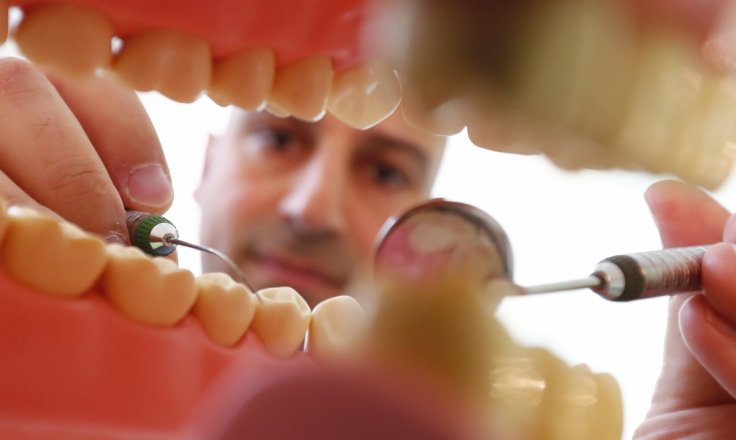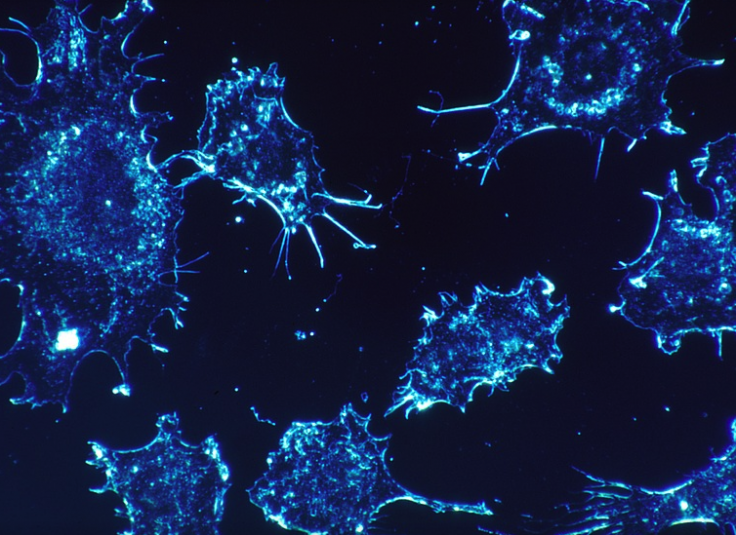Deaths from non-communicable diseases are on the rise and cancer is one of them, according to the World Health Organization (WHO). But there are few facts about a particular type of cancer that a team of researchers from Johns Hopkins University has recently revealed.
As per their study, the risk of developing Human papillomavirus (HPV) related mouth and throat cancer is increased by having oral sex. Johns Hopkins University researchers studied 500 people, including 163 HPV‐OPC patients, to complete a behavioral survey on their sexual activities over several years. According to the study, a third of the participants had been diagnosed with HPV.
For the research, they focused on the age of people, their total number of sexual partners, the age of their "sexual initiation" and the number of individuals they performed oral sex on within a short time period.

The Finding
The researchers published their findings in the American Cancer Society's peer-reviewed journal CANCER. The study suggested that having 10 previous oral sex partners is linked to a 4.3-times greater possibility of contracting HPV-related cancer of the mouth and throat. The researchers also found that having oral sex at a younger age and more partners in a shorter time period are both associated with higher risk.
The research revealed that participants who had older sexual partners at a younger age and those with partners who engaged in extramarital sexual relations were more likely to develop cancer. But those who had never engaged in oral sex were less likely to have contracted the cancers, found the study.

Dr Virginia Drake, MD, who conducted the research, said, "Our study builds on previous research to demonstrate that it is not only the number of oral sexual partners but also other factors not previously appreciated that contribute to the risk of exposure to HPV orally and subsequent HPV-related oropharyngeal cancer."
According to the researcher, the team has uncovered additional nuances of how and why some people may develop this type of cancer. Dr Drake believes that it may help to find out those individuals who are at greater risk.
The study added that those who get involved in oral sex before engaging in intercourse for the first time are at maximum risk of becoming infected with HPV—an infection that causes warts in various parts of the body, depending on the strain.
That's because initial exposure to the virus via genitals causes a "robust immune response", thus preparing the body for when the HPV is introduced orally. According to the experts, people who directly go for oral sex lack this immune response and are at extreme risk of infection.









